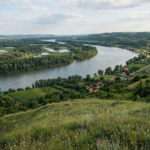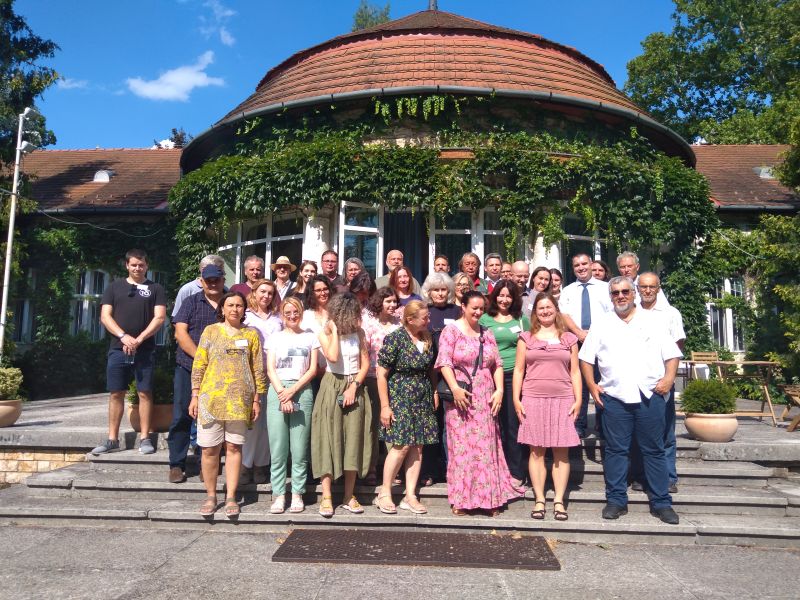- First Phase of the Project Officially Approved

The first reporting period of the CLIMANATRES project, covering activities conducted from April 1 to September 30, 2025, has been successfully concluded and officially validated.
During this period, all preparatory activities necessary for the operational implementation of the project were carried out. The highlight of this initial phase was the Kick-off meeting. This meeting served as the foundation for strategic planning and operational alignment, where all project partners defined the working methodology, distribution of tasks, and specific goals to be achieved throughout the project.
All planned project activities, deliverables, and administrative obligations scheduled for this period were executed in a timely manner, which was confirmed by the official approval of the report by the competent authorities. This establishes a solid foundation for the continuation of expert research and the implementation of activities in the upcoming phases of the project.
Encouraged by the successful completion of the first phase, we continue towards new project achievements with great enthusiasm and motivation!

- Kick-off meeting

From July 21 to 24, 2025, the kick-off meeting of the project ”Climate-proofing ecological restoration plans in the middle and lower Danube Region (CLIMANATRES)” was held at the National Botanical Garden in Vácrátót, Hungary.
The chief motivation of the project is to provide scientifically supported decision support and planning tools for harmonising ecological restorations overarching borders along the Sava and Danube corridor. The support is intended to aid the implementation EU Nature Restoration Law and further harmonised ecological planning (Green Deal) taking expected climate change patterns, too.
As part of the collaboration, freely accessible online maps and databases will be developed to provide broad, user-friendly support for local and regional ecological restoration planning — and thereby also assist in implementing the EU Nature Restoration Regulation. The maps will indicate the suitability of specific sites for various habitat restoration objectives — such as habitats of community interest or ecological corridors.
The meeting was attended by partners from six European countries, including members of the project team from the Faculty of Geodesy, University of Zagreb – Assoc. Prof. Mateo Gašparović, PhD, and Ivana Jarak.
You can learn more about the project on the official website: CLIMANATRES.

- The co-financing for the CLIMANATRES project has been approved

On February 25 2025, the funding for the research project proposal “Climate-proofing ecological restoration plans in the middle and lower Danube Region – CLIMANATRES” was approved, under the 2nd call of the Interreg Danube Transnational Programme 2021-2027.

In the project acronym, the word CLIMA represents the fight against climate change, NAT stands for nature and the efforts to preserve it, and RES refers to restoration, which is essential for enabling nature to adapt to sudden climate changes.
The project involves 11 partners from 6 European countries. From Hungary, the lead partner is the Center for Ecological Research and the 10 Million Trees Foundation; from Slovenia, the Research Centre of the Slovenian Academy of Sciences and Arts and the Slovenian Forest Service; from Croatia, Zeleni prsten, Public institution of Zagreb County and the Faculty of Geodesy, University of Zagreb; from Serbia, the Institute for Lowland Forestry and Environment and the Nature Conservation Movement Sremska Mitrovica; from Romania, the University of Bucharest and the Life Sciences University “King Michael I” in Timișoara; from Bulgaria, the : National Museum of Natural History at the Bulgarian Academy of Sciences.
This project is supported by the Interreg Danube Region Programme co-funded by the European Union.

